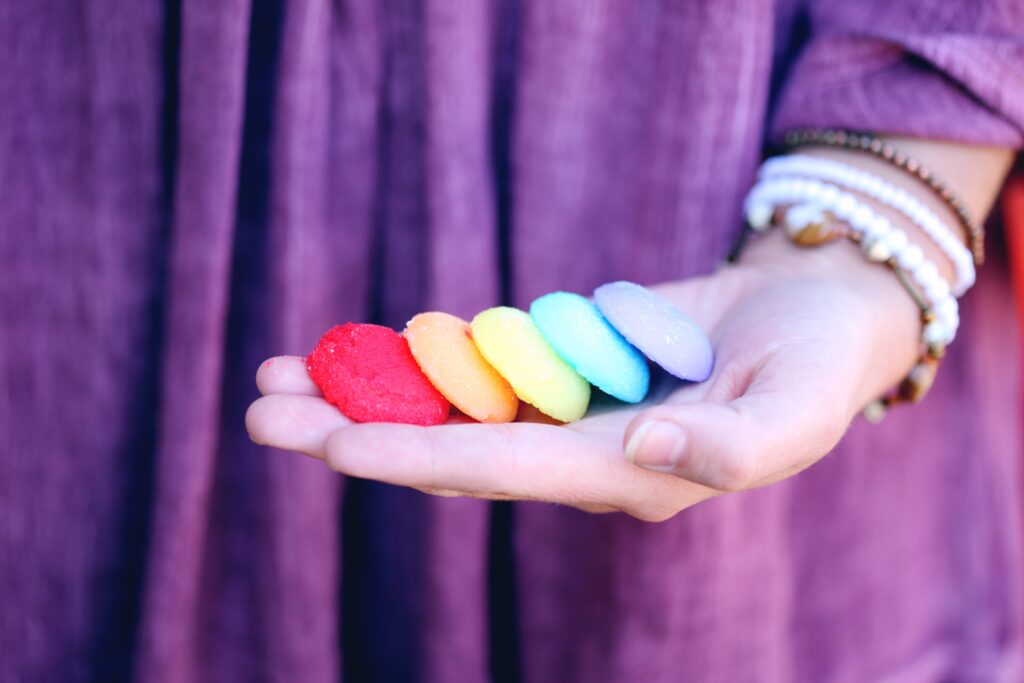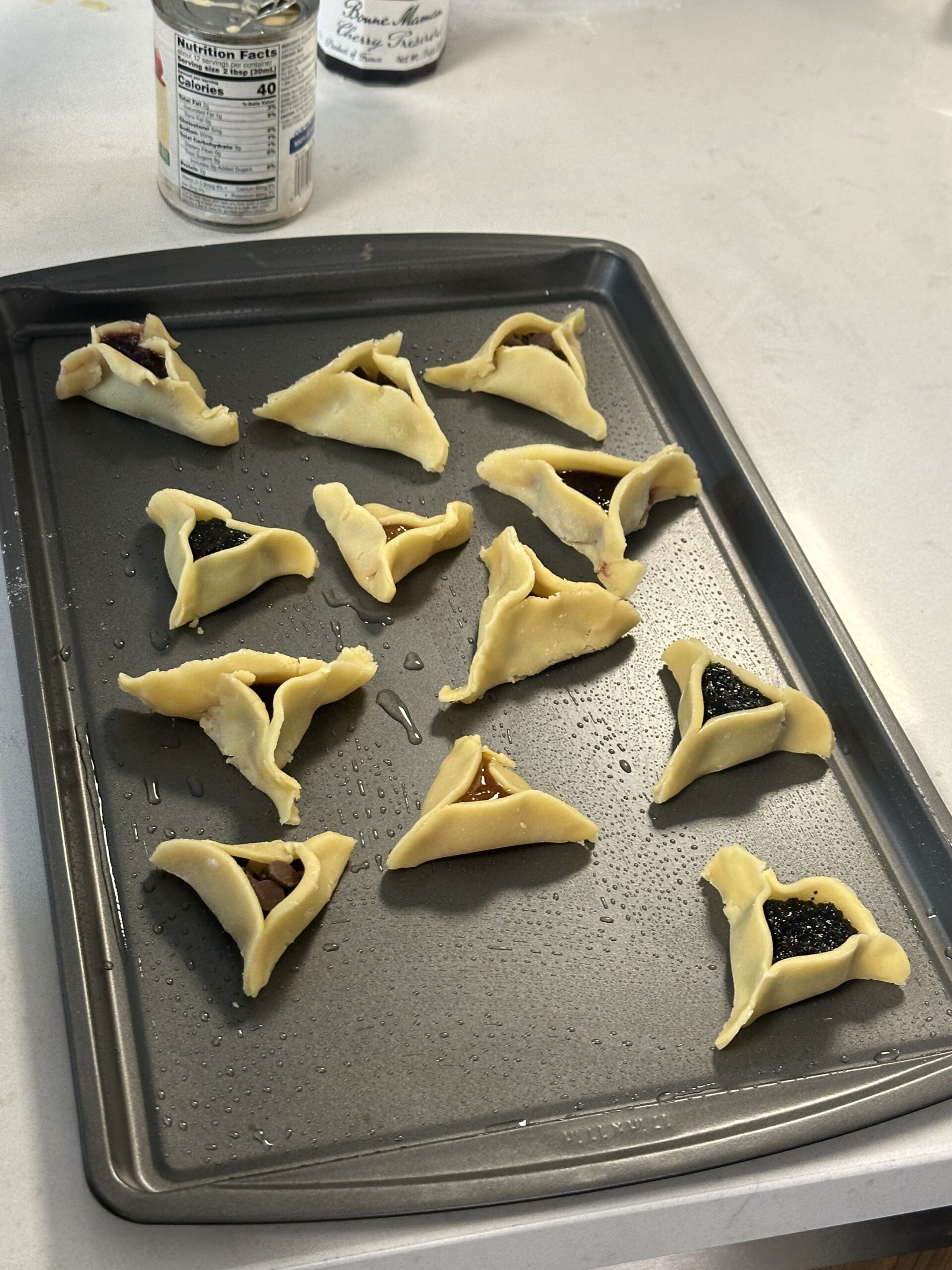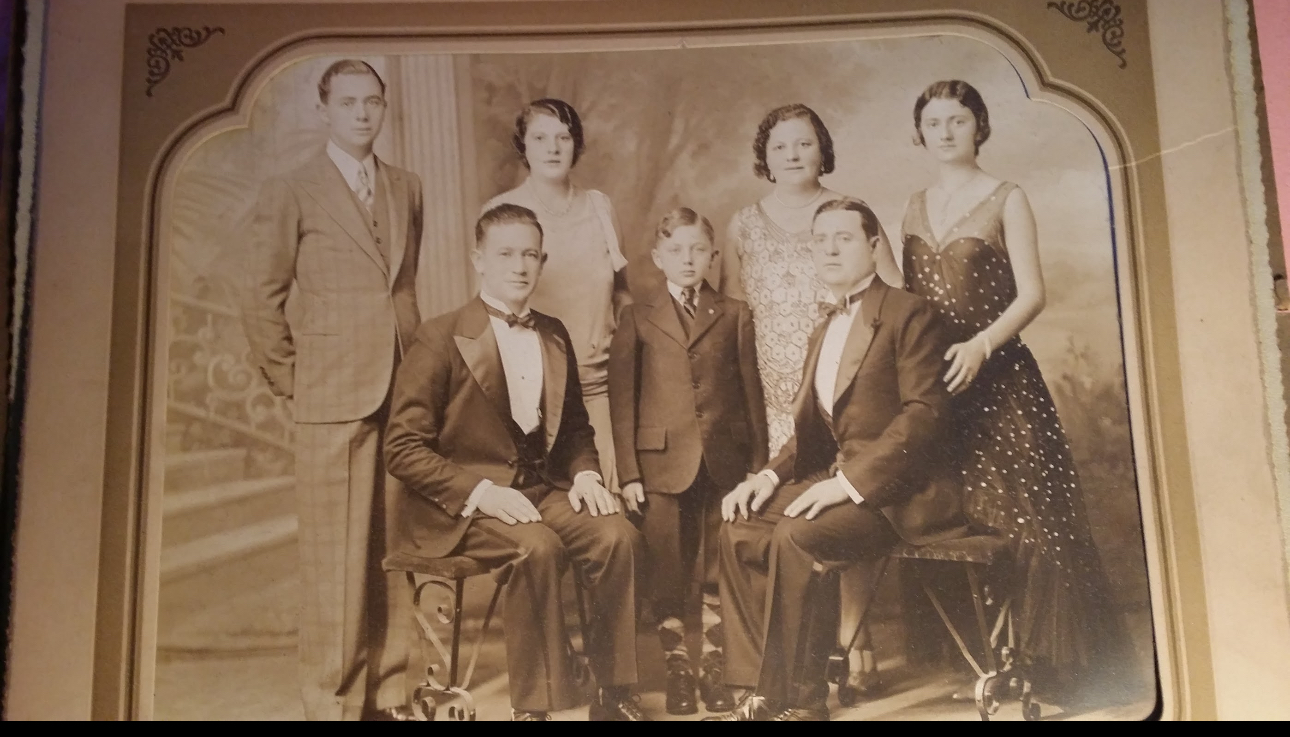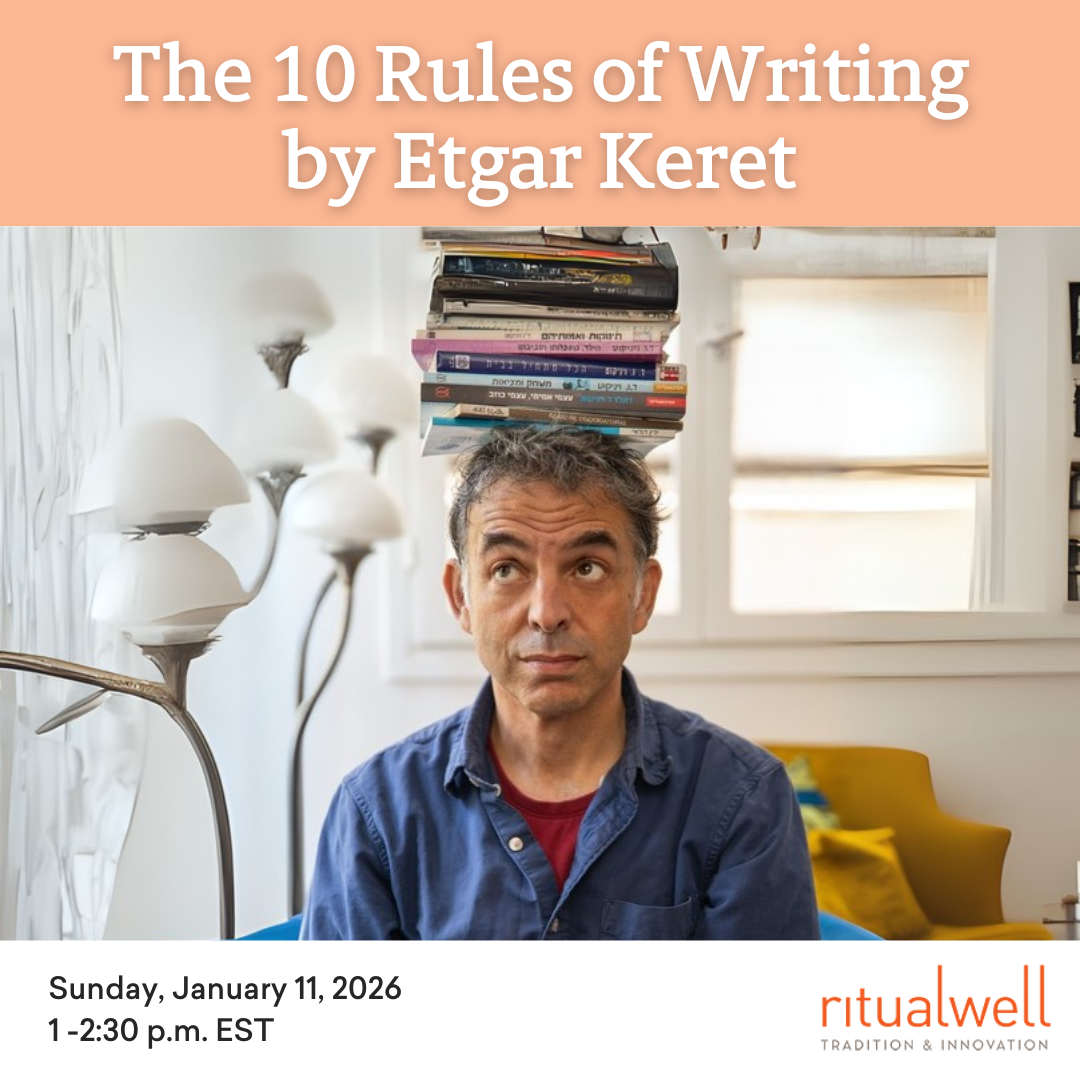Sometimes you’re trapped in a battle
That you cannot control,
But you must have hope
That you will overcome.
Once the storm abates
And you’re victorious,
A life you had forgotten
Shall return to you…
And you know well enough
That fighting is the right path;
Believing in yourself,
Feeling hopeful.
You have the power
To always keep moving forward:
You hold the secret
That makes you feel alive!
You have the strength
And you will win the fight!
You have the strength:
No one shall defeat you anymore!
You have the strength
And you will win the fight!
בָּרוּךְ הַכֹּחַ בְּתוֹכֵנוּ שֶׁהֶחֱיָנוּ וְקִיְּמָנוּ וְהִגִּיעָנוּ לַזְּמַן הַזֶּה בְּגַאֲוָה
Barukh hakoakh betokhenu,
shehekheyanu vekiyemanu,
vehigi’anu lazman hazeh bega’avah!
Blessed is the strength within us
which has kept us alive,
sustained us,
and brought us to this season with pride!
and brought us to this season with pride!
הִנֵּה מַה טוֹב וּמַה נָּעִים
שֶׁבֶת עַמִים גַּם יַחַד
Hineh mah tov u’mah na’im
shevet amim gam yakhad
Behold how good and how pleasant it is
for peoples to dwell together, in harmony.
MENORAH LIGHTING
BLACK
We first light the black or brown candle, which is our shamash – our ‘helper’ – candle, thus we show that in all that we do we must stand up against racism.
Blessed is the light in the world, blessed is the light in humanity, and blessed is the beauty and richness that arises from embracing all races, ethnicities, and cultures.
RED
Blessed is the light in the world, blessed is the light in humanity, and blessed is joy and pleasure in the physical and emotional connections we feel in relationship to another.
ORANGE
Blessed is the light in the world, blessed is the light in humanity, and blessed is the light of dignity, to see oneself as completely whole and worthy.
YELLOW
Blessed is the light in the world, blessed is the light in humanity, and blessed is the gift to be open about who we are, without fear.
GREEN
Blessed is the light in the world, blessed is the light in humanity, and blessed is the strength to be just as we are and to see others just how they tell us they want to be seen.
BLUE
Blessed is the light in the world, blessed is the light in humanity, and blessed is complete healing – a refu’ah shleimah – the freedom from pain.
PURPLE
Blessed is the light in the world, blessed is the light in humanity, and blessed is the joy of fluidity that allows us to create and re-create who and what feels most authentic today and tomorrow and into the future.
FIRST CUP
Let us raise our first glass of grape juice as we say together:
May love and pride dwell among us,
entering the hearts and homes of all people, everywhere,
filling our lives with kindness and compassion.
May this happen soon, while we yet live,
and let us say L’chaim! To life!
Let us pause for a moment.
CHALLAH
This uncovered challah, normally covered, reminds us of the worthiness of our own bodies; that we need not be ashamed of our bodies and what we do with them.
It also reminds us of the joy that can come by being out of the closet, being open to the world and its possibilities.
Let us raise the challah as we say:
Blessed are those who bring forth
bread from the earth!
בְּרוּכִים הַמּוֹצִיאים
לֶחֶם מִן הָאָרֶץ
Berukhim hamotzi’im lekhem min ha’aretz
WASHING
With the flow of water, we purify our hearts
and wash ourselves clean of old scars and habits,
clean of all the hindrances to being
clearly here, present in this moment.
FIRST QUESTION
Red represents passion, joy and pleasure.
Yet passion, joy and pleasure are often not afforded to queer people throughout time and place, our right to these aspects of human connection are often taken away through law and violence.
In which ways do we fight back and celebrate the joy and pleasure of our physical and emotional connections with others?
RED FOOD
Let us savor the taste of the red dishes on the table,
allowing ourselves the freedom to
experience all its flavors fully.
SECOND CUP
As we pour and drink a glass of water we acknowledge the symbolism of water as a catalyst for change and transformation. Just as rivers flow towards the sea, our lives are in constant motion, evolving and adapting.
We honor the power of change and the ability to embrace growth and transformation. Like the water, we recognize our own fluidity and the creative potential within us.
SOME HISTORY
In May 1897, the world’s first homosexual rights organization was formed in Berlin with the goal of repealing the laws that criminalized homosexuality in Germany. One co-founder was Magnus Hirschfeld, a prominent Jewish doctor. By 1912, more than 3000 doctors had joined in urging the repeal of these laws.
Hirschfeld’s Institute of Sexual Science offered marriage counseling, STD testing and treatment, family planning and sex education programs. The Institute library had an unparalleled collection of biological, sociological and ethnological materials.
In 1920, Hirschfeld was brutally assaulted by anti-Semites in Munich. A Nazi commentator gleefully noted: “It is not without charm to know that Hirschfeld was so beaten that his eloquent mouth could never again be kissed by one of his disciples.” As the Nazis gained influence, their position on Hirschfeld’s organization was expressed in no uncertain terms: “Anyone who even thinks of homosexual love is our enemy.”
On May 7, 1933, trucks filled with storm troopers drove up to the Institute. A brass band played while the Institute was looted. More than 12,000 books were burned in a public ceremony.
The official SS newspaper announced that there were two million German homosexuals and called for their internment. The actual number of those arrested, while disputed, seems to be less than 100,000. In the camps, just as the Jews were forced to wear the yellow star, homosexuals were forced to wear a pink triangle and endured punishments that did not end in 1945 because, after the war, homosexuality remained a crime in both East and West Germany as well as in Britain, the U.S., and USSR. Thus, the homosexual inmates of the camps were not considered to have been unjustly imprisoned so they remained imprisoned and were uncompensated for their suffering.
ORANGE FOOD
In progressive Judaism, the orange is a symbol of inclusion and affirmation. The symbolism of the orange traces back to the 1980s when it was used as a response to exclusionary attitudes towards women and LGBTQ+ individuals within Jewish spaces.
During a lecture, a man stated that women are like a squeezed orange, meaning they have no place in certain roles within Judaism. In response, feminist scholar and Rabbi Susannah Heschel placed an orange on the Seder plate during Passover to symbolize the inclusion of all marginalized groups within Jewish tradition.
Today, the orange serves as a reminder that every individual has a place at the table and deserves to be seen, heard, and valued within Jewish rituals, teachings, and communal life. It symbolizes the ongoing struggle for justice, inclusivity, and acceptance of all people.
Let us eat a slice of orange in honor of inclusion.
THIRD CUP
Like the sun’s warm rays that pierce through the storm,
Yellow juice reminds us to transform.
To stand tall and strong, unwavering and true,
To let our colors shine in all that we do.
This nectar of joy, a taste of optimism,
In its tangy sweetness, a prism.
Reflecting the journey, the paths we have tread,
In search of acceptance, where love is widespread.
As we raise this glass, let us contemplate,
The resilience within us, strong and innate.
May the yellow juice invigorate our soul,
And inspire us to embrace our vibrant role.
So, let us drink, in unity and cheer,
To the strength that resides when faced with fear.
To the power of visibility and self-expression,
In this Pride Seder, let us find our liberation.
L’Chaim! To Life!
SECOND QUESTION
Misogyny, the systemic oppression and devaluation of women, affects all women, and has a profound impact on the lives of LGBTQ+ individuals and their allies.
By exploring the intersection of gender identity, sexual orientation, and misogyny, we can deepen our understanding of the interconnectedness of different forms of discrimination and work towards greater inclusivity and equality.
Considering the ways in which societal norms and expectations around gender have influenced the experiences of LGBTQ+ individuals. How has internalized misogyny affected the self-perception, self-expression, and acceptance of one’s own identity?
GREEN FOOD
We recognize the strength within us to be true to ourselves and to honor the authentic identities of others.
We celebrate the power to break free from societal expectations and embrace our unique paths.
Just as green represents growth, vitality, and the beauty of nature, may our journey towards self-acceptance and acceptance of others continue to flourish.
May we have the courage to see and honor others as they tell us they want to be seen.
Let us foster a world where diversity is celebrated and every individual is valued.
Amen.
Let us taste the green food which is on this table.
BLUE FOOD
Blue represents healing, so before we taste the blue foods in front of us let us take a moment to pause and remember those we know in our lives who need healing:
May all who suffer know they are not alone.
May they experience refu’ah shleimah, the renewal of body and spirit.
Makom hako’aḥ betokheinu, mekorot haberakha mekhevroteinu
May the source of strength that dwells so deep within us help us find the
courage to make our lives a blessing,
And let us say: Amen.
Makom hako’aḥ betocheinu mekorot haberacha meḥevroteinu.
May those in need of healing know refu’ah shleima,
the renewal of body, the renewal of spirit,
And let us say:
Amen.
Please eat
PURPLE
Purple represents the joy of fluidity, that allows us to create and re-create who and what feels most authentic today and tomorrow and into the future, and passion fruit imbues that creativity with passion.
Let us raise our fourth cup, filled with passion fruit, in celebration of this!
L’Chaim!
MAH NISHTANAH?
Leader: Why is this night different from all other nights?
All: On all other nights we consume familiar flavors, but tonight, we embrace new and diverse creations, in all colors.
Leader: Why is this night different from all other nights?
All: On all other nights, we do not fully celebrate our strengths, but tonight, we rejoice in our individual power and resilience.
Leader: Why is this night different from all other nights?
All: On all other nights, we don’t venture on the path of authenticity, but tonight, we rise and see the beauty of our true selves.
Leader: Why is this night different from all other nights?
All: On all other nights, we eat with ordinary joy, but tonight, we feast with extraordinary joy and sweetness.
(repeat the same pattern in your own languages)
Hebrew:
מָה נִשְׁתַּנָּה הַלַּיְלָה הַזֶּה מִכָּל הַלֵּילוֹת
שֶׁבְּכָל הַלֵּילוֹת אָנוּ אוֹכְלִין טְעָמִים מוֹכְרִים
הַלַּיְלָה הַזֶּה, טְעָמִים חֲדָשִׁים בְּכֹל הַצְּבָעִים
מָה נִשְׁתַּנָּה הַלַּיְלָה הַזֶּה מִכָּל הַלֵּילוֹת
שֶׁבְּכָל הַלֵּילוֹת אֵין אָנוּ מְבָרְכִין בְּכֹל כּוֹחוֹתֵינוּ
הַלַּיְלָה הַזֶּה, בְּכֹל גְּבוּרוֹתֵינוּ
מָה נִשְׁתַּנָּה הַלַּיְלָה הַזֶּה מִכָּל הַלֵּילוֹת?
שֶׁבְּכָל הַלֵּילוֹת אֵין אָנוּ מַעֲבִירִין אוֹתָנוּ בִּשְׁלֵמוּתֵנוּ
הַלַּיְלָה הַזֶּה, נִצְעַד בְּגַאֲוָה
מָה נִשְׁתַּנָּה הַלַּיְלָה הַזֶּה מִכָּל הַלֵּילוֹת?
שֶׁבְּכָל הַלֵּילוֹת אָנוּ אוֹכְלִין בְּשִׂמְחָה
הַלַּיְלָה הַזֶּה, בְּשִׂמְחָה וְרִנָּה מְתוּקָה כַּדְּבַשׁ
Mah nishtanah ha’lailah ha’zeh mikol ha’leilot?
She’be’khol ha’leilot anu okhlin te’ahmim mokh’rim,
halailah ha’zeh, te’a’mim hadashim be’khol hatzuva’im.
Mah nishtanah ha’lailah ha’zeh mikol ha’leilot?
She’be’khol ha’leilot ein anu me’varkhin be’khol kokhoteinu
halailah ha’zeh, be’khol gevurohteinu.
Mah nishtanah ha’lailah ha’zeh mikol ha’leilot?
She’be’khol ha’leilot ein anu ma’avirin otanu bi’she’leimuteinu
halailah ha’zeh, nitzad be’ga’a’vah.
Mah nishtanah ha’lailah ha’zeh mikol ha’leilot?
She’be’khol ha’leilot anu okhlin be’simkha
halailah ha’zeh, be’simkha ve’rina me’tukah ka’de’vash
CLOSING BLESSING
Let us say together:
Though neither the work nor the remembering
will ever be finished in our lifespan
we have completed this seder.
May our words here tonight
have meaning throughout the coming year;
may all of us — of every gender and sexual orientation —
feel a more thoughtful, more intense sense of pride
when the calendar next swings to the end of June.
May we recognize that liberation is not a destination,
but an on-going labor of love
and that no one is free until all the bonds are cut,
may it be so, speedily and soon,
and let us say:
(banging the table as we make the statements)
Not next year: Now. Not anywhere else, but here and now,
everywhere and always.
Amen.
HAPPY PRIDE
חַג גַּאֲוָה שָׂמֵחַ
HAG GA’AVAH SAMEACH!













